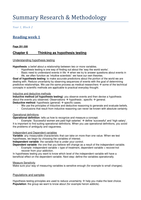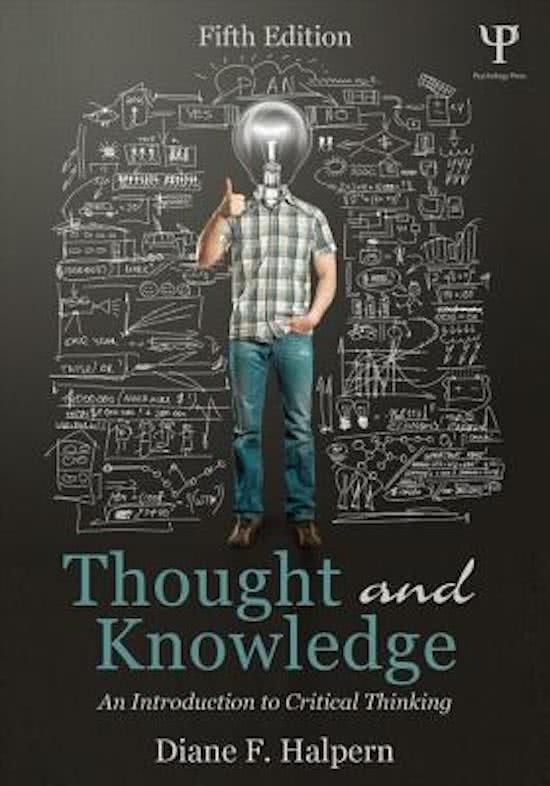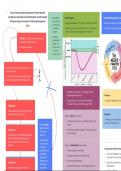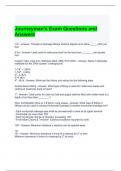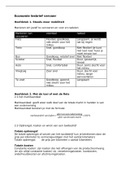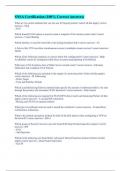Samenvatting
Summary Chapter 6 and 7 - Thought and Knowledge
- Vak
- Instelling
- Boek
This is a summary of Chapter 6 and 7 of the book Thought and Knowledge - An introduction to Critical Thinking. Moreover, I summarized the extra readings that we got. These reading were mostly about the mathematics in the chapter.
[Meer zien]
